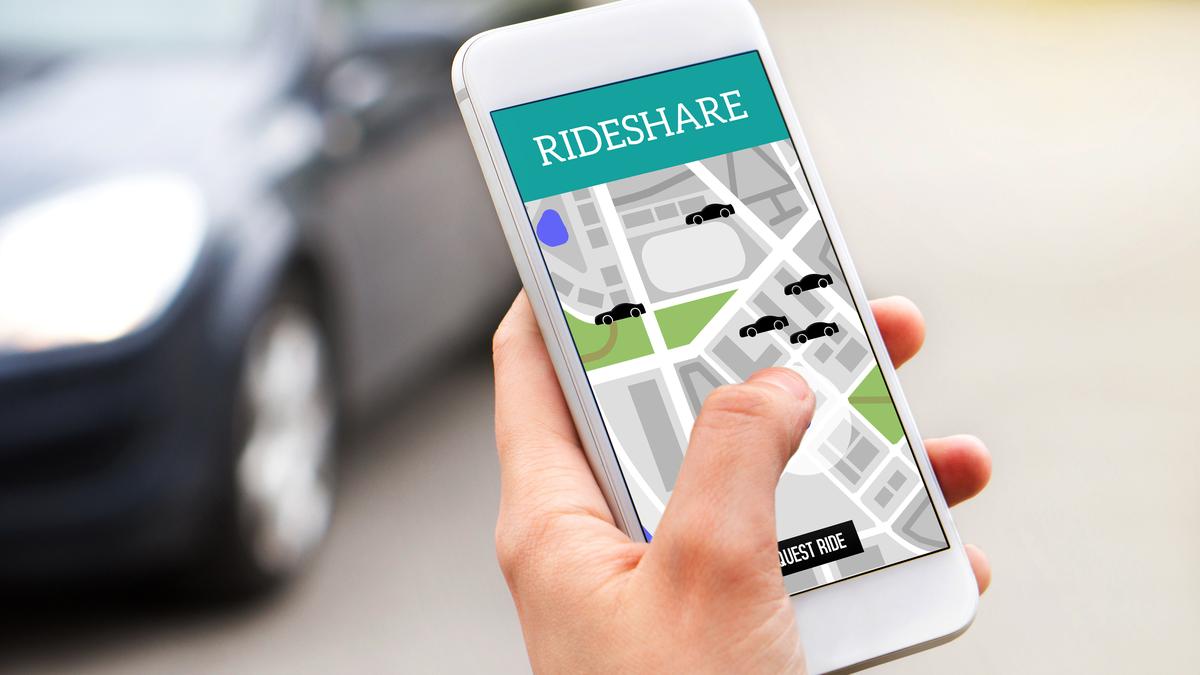
The local people who are familiar with shortcuts get piqued when their drivers follow only the map.
| Photo Credit: istock.com
There was a time when we could hail an autorickshaw on the streets of Bengaluru without much ado. The drivers either obliged or declined the ride, making it easy for the passenger to take a call on the next course of action.
Once inside the three-wheeler, the meter would be turned on and soon enough, small talk would ensue. The driver would zero in on a topic and air his views. Matters personal and public would be shared. If the journey needed stopovers to pick up grocery or children from school, the driver would oblige without comment.
If new to a locality, all one had to do was go to a nearby autorickshaw stand and make an enquiry. The drivers would give precise directions. If one had to travel in the early hours of the morning or late in the night, a request could be made at the stand and one of the drivers would turn up, though for a higher fare. Then there were trusted drivers who would ferry children to school and tuition centres and even help in transporting goods and cooking gas cylinders for local businesses. On special occasions, such as weddings and other functions, families would engage these autorickshaws for a couple of days. Guests and goods would be ferried with gusto by the driver.
Of course, there were times when commuters would be literally taken for a ride with demand for extra fares.
However, all that has changed over the decades.
Now we live in times when we can use various apps to summon a three-wheeler or four-wheeler of our choice at our doorstep and get dropped at our chosen destination. The meter has become redundant because the company decides the fare. Once the one-time password is entered, conversations come to a standstill. The driver is guided by his electronic map and he gets talking on his cellphone with his people. The passengers scroll down their messages or watch reels. Once the ride is completed, a contactless transaction takes place, and he grunts by way of acknowledgement. The total lack of personal touch does not seem to bother either party. Well, times have changed, and we all know that change is the only constant.
So far so good. However, regular commuters may have realised that matters are not as smooth as they seem to be. Travelling during peak hours has become a nightmare. The vehicles booked sometimes do not manifest themselves at the doorstep as advertised. They keep the passenger gazing at the map only to see that the vehicle is moving further and further away from the spot they are waiting. Calls are not picked; messages are not answered and then the trip is cancelled unceremoniously.
When the distraught rider tries to book the ride again, the app displays a higher price and is prompted to add a lucrative tip. Some apps have illustrations of drivers smirking at the “no tip” option. Tech-savvy individuals who rely on this mode of transport have half-a-dozen apps to choose from. Yet many of them can vouch for the fact that there is not much variation in the demands and escalating costs.
And then the conundrum of the route. The drivers, especially the ones who are new to the trade, will follow only the maps displayed by their apps. The local people who are familiar with shortcuts get piqued when their drivers consider their directions to be drivel. Then there are passengers who may have used a landmark as a destination, hoping to figure out the exact location on arrival. However, their plan may not materialise because the driver will refuse to inch further from the agreed spot. Patients, pregnant women, senior citizens, passengers with luggage will either be left stranded or will have to pay more if they have to reach their den.
When we scratch the surface, it will be easy to see that these modern days woes are a result of our collective muddled thinking. We have unwittingly become the victims of the conveniences that we have designed to make our lives easier. We have let common sense and human values take a back seat and have uncannily walked into the clutches of the contraptions that we have created. The apps are promoting avarice in the drivers and cultivating compliance in the commuters.
Published – August 31, 2025 02:55 am IST
